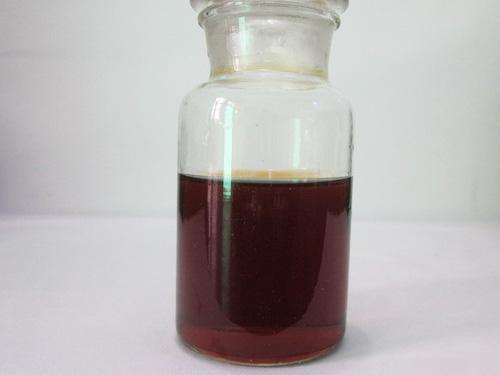flocculation in water purification
Flocculation in Water Purification An Essential Process
Water purification is a crucial process that ensures the safe and clean supply of water, which is essential for human life. Among the various methods used for water treatment, flocculation plays a significant role in removing suspended solids, colloids, and other particulates from water. Understanding the mechanism of flocculation, its benefits, and its applications can illuminate its importance in ensuring water quality.
Flocculation is a physical-chemical process whereby fine particulates are agglomerated into a floc, or clump, allowing for easier removal from water. This process typically follows coagulation, where coagulants—substances that promote clumping—are added to the water. Common coagulants include aluminum sulfate and ferric chloride. When added to water, these coagulants destabilize the charges on suspended particles, prompting them to come together and form larger aggregates or flocs.
The effectiveness of flocculation is influenced by several factors, including pH, temperature, and the concentration of coagulants. Once the flocs are formed, they can be removed through sedimentation, filtration, or flotation, significantly reducing turbidity and improving water clarity. This is particularly important in surface water treatment, where natural impurities can pose significant health risks.
flocculation in water purification

One of the primary advantages of flocculation is its ability to enhance water quality. By effectively removing particles that can harbor pathogens, flocculation helps in decreasing the risk of waterborne diseases. Furthermore, flocculation can also assist in the removal of dissolved organic materials and heavy metals, contributing to the overall purification process.
In addition to providing safe drinking water, flocculation is utilized in various industries, including municipal water treatment plants, wastewater treatment facilities, and industrial processes. In these settings, controlling water quality through flocculation can lead to improved ecological conditions and compliance with environmental regulations.
Emerging technologies are continuously improving the flocculation process, making it more efficient and environmentally friendly. For instance, the use of natural coagulants derived from plants, such as moringa seeds, is gaining attention as a sustainable alternative to traditional chemicals. This not only minimizes chemical usage but also reduces the environmental impact of water treatment processes.
In conclusion, flocculation is a vital component of water purification that plays a significant role in ensuring water safety and quality. By effectively aggregating and removing contaminants, flocculation contributes to the production of clean, potable water, thereby protecting public health and promoting sustainability. As innovations in water treatment continue to evolve, flocculation remains an essential technique in combating water pollution and improving global access to clean water.
-
Water Treatment with Flocculant Water TreatmentNewsJun.12,2025
-
Polymaleic AnhydrideNewsJun.12,2025
-
Polyaspartic AcidNewsJun.12,2025
-
Enhance Industrial Processes with IsothiazolinonesNewsJun.12,2025
-
Enhance Industrial Processes with PBTCA SolutionsNewsJun.12,2025
-
Dodecyldimethylbenzylammonium Chloride SolutionsNewsJun.12,2025





